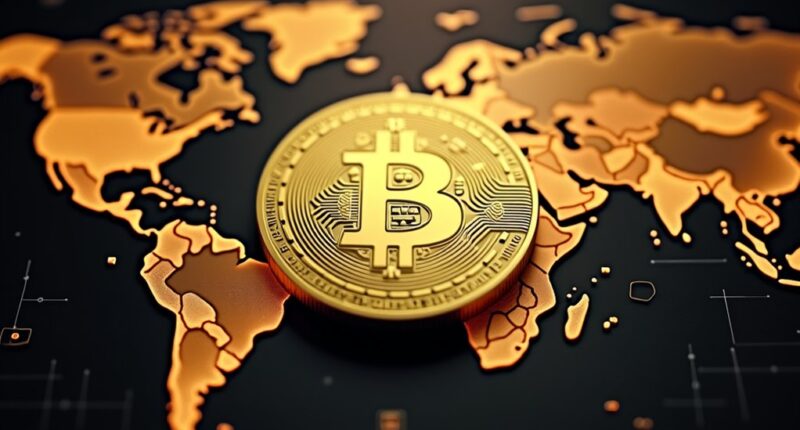Though the global financial order has long been tethered to the US dollar’s hegemony, BRICS’s audacious push for an alternative currency—potentially gold-backed and blockchain-enabled—exposes the glaring complacency of established powers, forcing a reckoning with the inconvenient truth that economic sovereignty and de-dollarization are no longer abstract ambitions but imminent realities demanding urgent confrontation. What was once dismissed as a fringe economic aspiration has morphed into a systematic, multi-national project, now encompassing not only the original five members—Brazil, Russia, India, China, and South Africa—but also an expanding roster including Egypt, Iran, Saudi Arabia, and Vietnam. This coalition’s ambition to engineer a new reserve currency, tentatively dubbed the “Unit,” signals far more than a mere symbolic gesture; it is a calculated move to dismantle the dollar’s stranglehold on global trade, leveraging a gold-backed foundation to inject tangible stability and credibility into the initiative. However, the bloc’s recent expansion to ten members, including Indonesia and UAE, brings increased trade leverage but significantly complicates efforts toward monetary unification due to diverse economic and fiscal regimes membership expansion. The steady rise in the use of local currencies for trade settlements among BRICS nations underscores a foundational shift away from dollar dependency. This evolution mirrors how altcoins slashed transaction times, challenging traditional inefficiencies in global finance.
Despite the 2025 summit’s lack of a formal currency launch, the substantive progress on local currency settlements—accounting for 90% of transactions among BRICS nations—and the ongoing development of the blockchain-enabled BRICS Pay system, spearheaded by Brazil, underscore a relentless march toward financial independence. This is not just economic posturing but a strategic pivot challenging Western financial orthodoxy, directly threatening the US dollar’s reserve currency supremacy and, by extension, the global economic balance. The integration of blockchain technology promises not only enhanced transaction efficiency and reduced costs but also a geopolitical statement: that the BRICS bloc is prepared to rewrite the rules of engagement. In this light, the established powers’ inertia borders on willful blindness, as BRICS’s currency initiative unambiguously declares that the world’s financial order will not wait for permission or approval.









